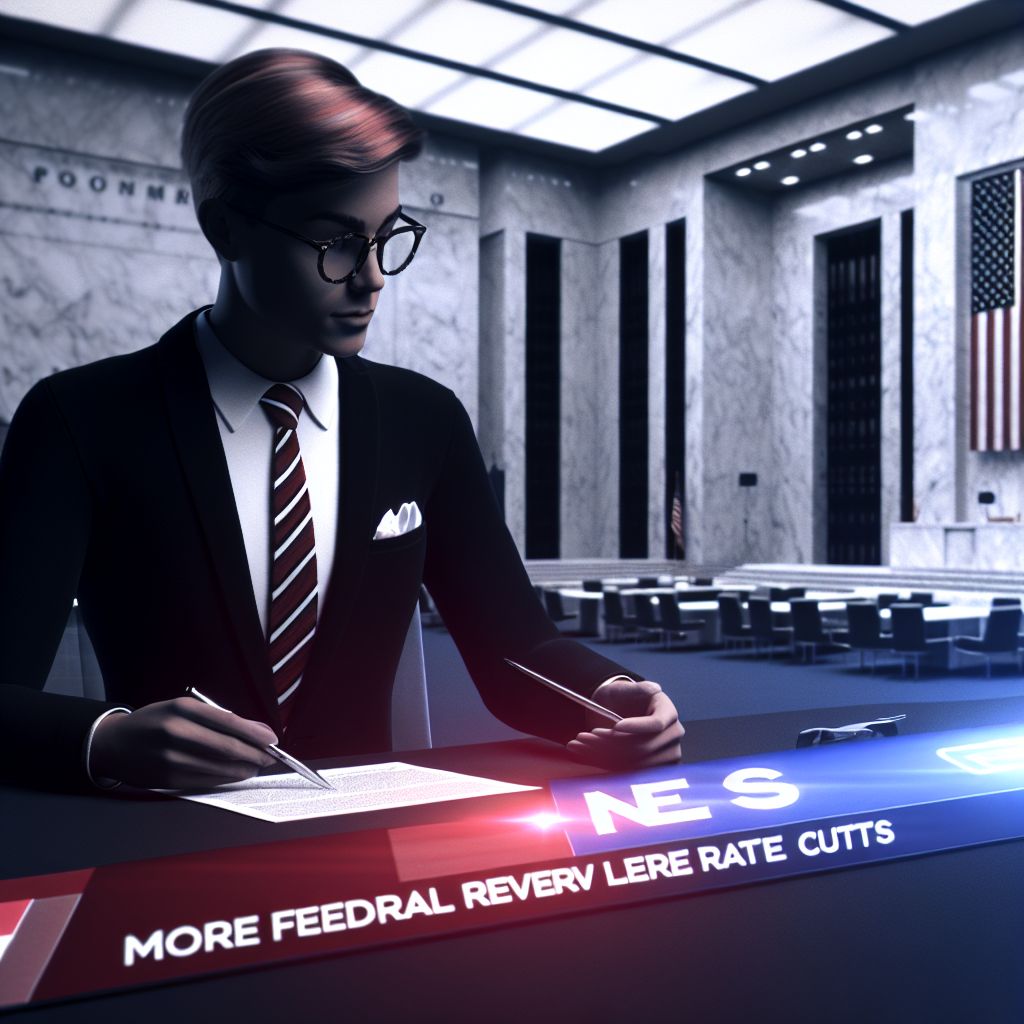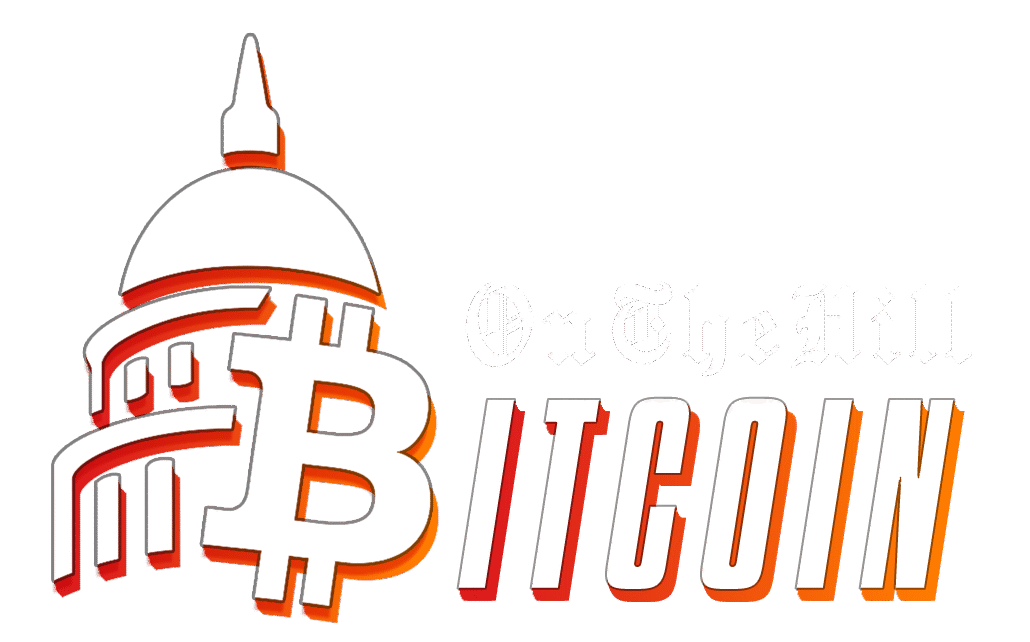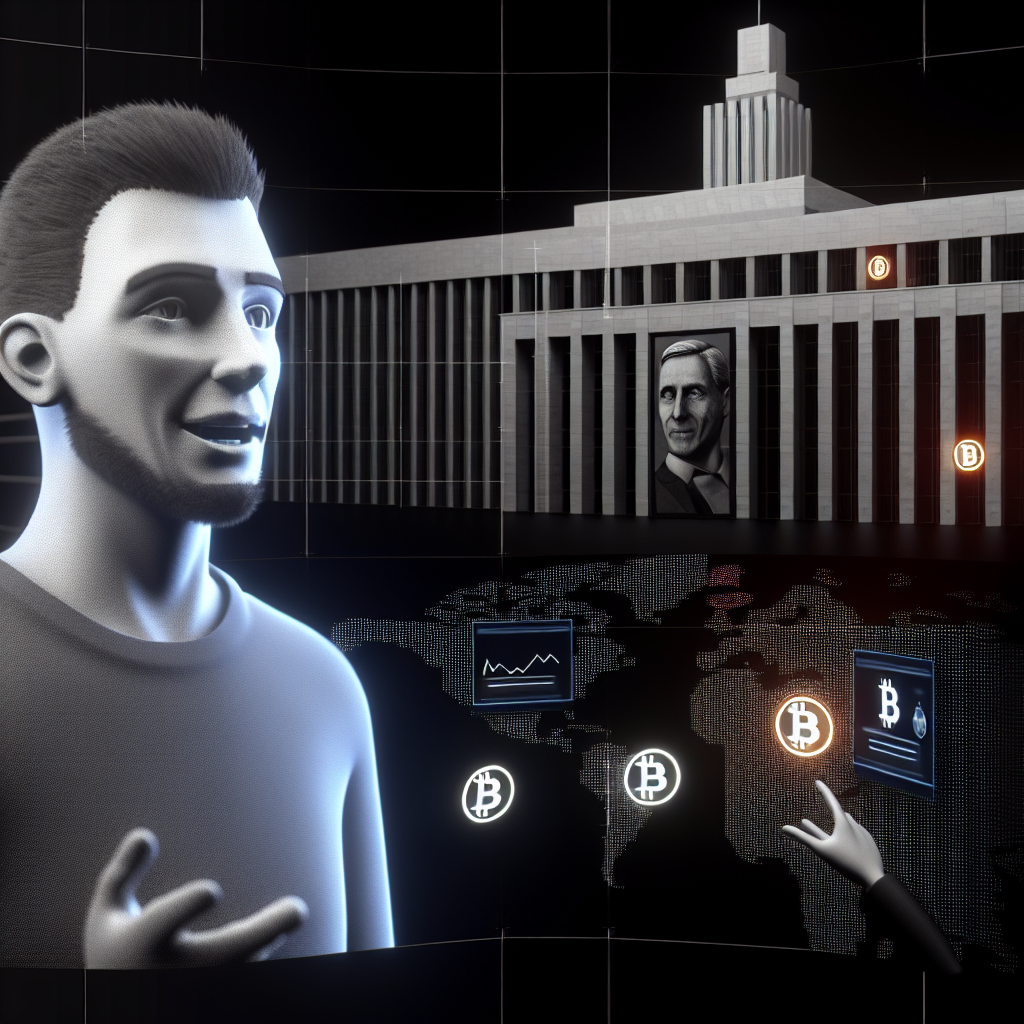
Will More Fed Rate Cuts Actually Make Life Cheaper for Young Adults?
Another week, another headline about the Federal Reserve and its plans for interest rates. But if you’re a 20- or 30-something renter, gig worker, or someone juggling two jobs and a side hustle, you might be asking: Do these “rate cuts” actually change anything for me? Or is this just financial jargon that politicians and Wall Street execs toss around while the rest of us are still waiting on affordable rent and a real shot at saving for the future?
This week, top Fed officials—including Governor Waller and New York Fed President Williams—signaled an increasing likelihood of more rate cuts in response to rising risks in the job market. Bank of America chimed in, saying they expect the Fed to keep the cuts coming even though inflation hasn’t totally calmed down. So, what’s the political catch, and how will these decisions trickle down to the everyday lives, paychecks, and political choices of young Americans?
Young People Are Caught in the Fed’s Crosshairs
Let’s be real: If the economy sneezes, young adults catch the cold. The Federal Reserve’s choices hit young voters harder than almost anyone—especially when it comes to jobs, rent, and those never-ending student loans.
Rate cuts are supposed to make it cheaper for people and businesses to borrow money. In theory, that means lower interest rates on your credit cards, student loans (if they’re variable), and even mortgages—if you’re lucky enough to be house-hunting. With borrowing made easier, companies are supposed to invest more and hire more. But if inflation keeps dragging on, how much will you actually feel the difference if your next raise gets eaten up at the grocery store or in your rent?
Meanwhile, the job market—a key point in every political debate—suddenly doesn’t feel so solid. According to the Fed’s own data, the labor market is already showing signs of weakness, with youth unemployment rates stubbornly hovering above 8% in 2024 (compared to the national average of around 4%). If companies slow down hiring, young people trying to start careers or switch jobs will be hit first. It’s the same cycle: policymakers debate, the stock market cheers or cries, and your Uber shifts or job interviews get harder or easier based on factors that feel out of your control.
Want more on how this all connects? Check out our guide on how Fed policy affects your wallet for a deeper dive.
Democrats, Republicans, and the Rate Cut Game
It’s not just the Fed making chess moves here—election season makes every interest rate decision a political hot potato. Both major parties have staked their reputations on the state of the economy going into 2024. Democrats argue that lower rates can help fuel a jobs recovery and make borrowing more affordable for everyday people. They point to policies designed to bolster workers’ rights and forgive some student debt as evidence they’re on “your side.”
Meanwhile, many Republicans have leaned into the argument that too many rate cuts will just make inflation worse in the long run. They say the Fed needs to focus on “fiscal responsibility” and not fuel another bubble, whether it’s in stocks, real estate, or even crypto. As a young voter, you might be left wondering: is anyone fighting for the daily struggle of paying rent or trying to afford a real vacation for once?
If this debate feels familiar, it is. For a refresher, see our previous analysis on Fed rate cuts and their role in political campaigns.
Crypto, Rent, and Student Loans: What Changes for Gen Z and Millennials?
Let’s zoom in on what really matters:
- Rent & Housing: Will lower rates make your rent cheaper? Probably not—at least not immediately. But if mortgage rates drop, some landlords might stop hiking rents as fast. Ultimately, with housing supply still tight, rent remains a tough fight—something both city governments and Congress know is a pain point for young people. Need the latest strategies? Visit our young voter economics category.
- Student Loans: If you have private loans or a variable-rate federal loan, lower fed rates can make a dent—small, but it’s something. But fixed-rate borrowers still pay the same, and policies around loan forgiveness are tied to political power shifts, not just the Fed’s moves. (For updates on federal student loan policies, check Treasury Department or Department of Education.)
- Crypto & Investing: Some young voters are putting what little they can spare into crypto, stocks, or ETFs. Lower rates can mean more risk-taking and, possibly, bigger returns—but also bigger losses if markets crash. Want tips on how crypto overlaps with politics? Browse our crypto politics section.
- Jobs & Income: If the Fed is cutting rates to “save” the job market, will it work? Maybe, but only temporarily—and it could mean higher inflation in your everyday spending. As always, new grads and young workers bear the brunt when things get shaky.
How Should Young Voters Respond to Fed Moves and Election Promises?
All this “Fedspeak” is more than financial drama—every rate decision is a political calculation, and it directly affects the economic reality for millions of young Americans. Whether you’re voting red, blue, green, or independent, remember:
- Ask candidates how they plan to make rent and education truly affordable—not just in campaign ads, but in policy details tied to things like Fed policy, housing, and loan programs.
- Get informed about the institutions that set these rules—like the Federal Reserve and the Securities and Exchange Commission—and demand transparency when “risks in the labor market” mean more layoffs or stagnant wages for young workers.
- Don’t buy the hype—just because Wall Street or politicians say rate cuts will “fix” everything doesn’t mean they will. Stay skeptical and watch how your wallet, rent, and job offers actually change—especially as election season heats up.
Want to dig deeper? Start with how Fed policy affects your wallet and make sure you’re ready to challenge every candidate (and institution) on what they really plan to do for your generation’s future.




